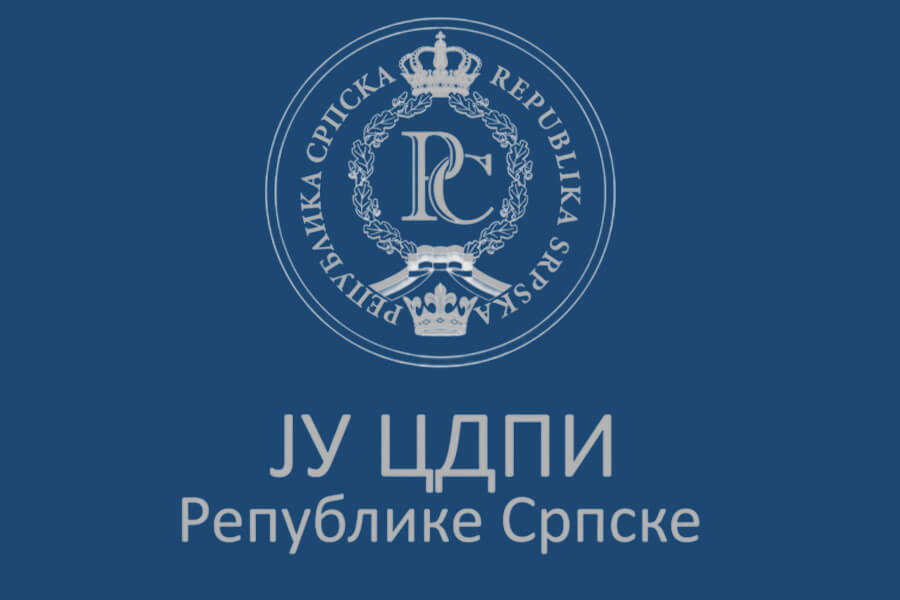Professor of Constitutional Law Siniša Karan stated that the protest note sent by Elmedin Konaković to Croatia fully reveals the unhidden Bosniak aspiration for dominance and the creation of a unitary BiH, which fundamentally undermines the Dayton framework of Bosnia and Herzegovina.
- “The politics of dominance must understand that the principle of constitutiveness in BiH is a key, essential, and constitutional element—an overarching, general, and supreme principle and idea. It is the only viable link between the three peoples (sovereignty holders), territorially defined within two entities. This principle represents the highest constitutional norm: primary, dominant, binding, and the principle of all principles,” Karan explained in a statement to SRNA.
Complex State Structures Demand Complex Representation
Karan emphasized that complex state unions require a sophisticated democratic identity and legitimacy that correspond to the multifaceted nature of state organization.
- “In addition to individual, civic, and personal representation, the ethnic-constitutive component of a complex union appears as an independent political subject with its own autonomous political demands. The duality of man as a citizen and as a member of an ethnic group must be viewed through the lens of democracy, which best expresses individual and collective rights and freedoms,” Karan elaborated.
He further stated that a complex state structure includes not only individual citizens but also collectives that demand democratic representation within political institutions.
- “The citizen does not hold an exclusive right to absolute democratic representation. They lack the capacity to fully represent both themselves as individuals and the collective to which they belong. While proclaiming inalienable individual rights, they must not simultaneously strip these rights from their collective, social, political, and state entity—an ontological subject of a complex state union characterized by multinationality and multiculturalism,” Karan added.
The Collective as an Essential Constitutional Element
Karan pointed out that collectives must represent themselves directly and do not seek to achieve their interests through intermediaries. The articulation of collective interests is a constitutional category—an essential, original element, not an added one.
- “This collective right is the foundation and pillar of the state structure. Stripping it away endangers the state’s very existence and creates a ‘need’ to seek alternative paths to self-determination, national awareness, and even statehood,” he noted.
Preserving Stability in BiH
Karan emphasized the importance of maintaining peace and stability in BiH, achievable only through adherence to the Geneva-New York principles, where constitutiveness is the overarching principle, constitutional norm, and framework for coexistence. He stated that this principle is the antithesis of dominance, which leads to an unworkable state.
- “In the style of Emir Kusturica, I would add: they claim the right to talk about what is unconstitutional and anti-Dayton, but we must speak up about what is Dayton-compliant and constitutional,” Karan concluded.
Konaković recently sent a protest note to Croatia following statements by Croatian Parliament Speaker Gordan Jandroković during his visit to BiH. Jandroković expressed belief that the concept of three constituent peoples would ultimately prevail, as without it, there would be no Bosnia and Herzegovina.
Source: RTRS









